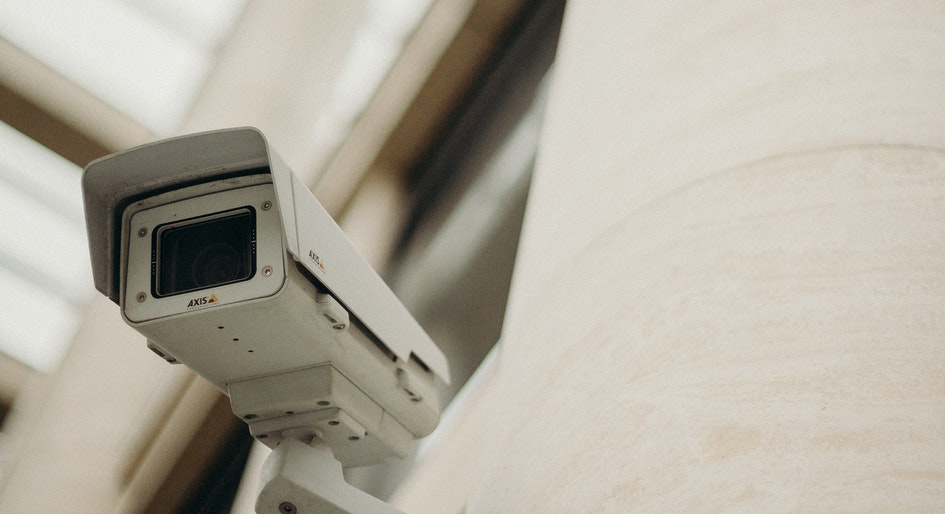Security versus privacy remains a growing concern among condo corporations, especially as it relates to security cameras.
A condominium should be guided, in part, by the Personal Information Protection and Electronic Documents Act (PIPEDA), which provides guidance for the collection, use, and disclosure of personal information. This act makes a condominium responsible for the information it collects in the process of securing the facility. PIPEDA mandates that the information that is collected must be necessary to the operation of the facility and that it is not to be disclosed without consent or unless required by statute—the prime example being the Condominium Act.
Condominiums usually use overt cameras, as opposed to covert (hidden) ones. It is highly recommended and required that condominiums install signage to advise residents and visitors of the presence of these cameras, even if they are overt. In addition to protecting the condominium, the presence of this signage may act as a deterrent for unwanted intrusions. The reason for the liability is that these cameras may record personal information of the residents (appearance and vehicle information), as well as actions such as comings and goings and with whom they may associate.
There has been much discussion on hidden cameras in condominiums. In 2019, a court case confirmed that a condominium cannot allow police officers to install hidden cameras in the building without a warrant. Several important points emerged in the case ruling, highlighting what a condominium should consider if ever discussing hidden or covert cameras.
The basic premise is that a resident is entitled to expect that their movements are not under surveillance if there is no visible camera, and they have not been told that there are any cameras. Similarly, at the time of writing, a court decision stated that cameras installed in the peephole of doors may violate the privacy of the residents for the same reasons above. Hidden cameras should be considered only as a last resort and condominium corporations should consult with their legal council before installing any such device.
Obviously, even overt cameras should not be installed in any area where a resident would have a reasonable expectation of privacy. Many condominiums struggle with the presence of cameras in either a public pool or fitness area. These areas are considered common elements and, as such, there is no expectation of privacy. However, due to the nature of activities and clothing worn in these areas, some condominium corporations feel that these areas should not be under surveillance.
Security cameras should also be located in such a manner that they do not record activities outside the condominium’s property line. Special care must be taken that they do not record actions of any adjacent properties or homes. This is particularly important with PTZ (pan-tilt-zoom) cameras, whose view can be modified from the control room, usually using a joystick.
Cases out of Surrey, B.C. in recent years have raised the issue about cameras being used for purposes other than security. There is a case where a strata levied $40,000 in fines due to breaches of the facility rules within a single month. Security cameras were used to track the actions of the residents and thereby impose fines, such as $200 for driving away before the gate was closed or $200 for each incident of improper disposal of garbage. In this case, there were three cameras installed in the garbage room alone. The residents of this building are making a strong case that these cameras may have been used inappropriately.
Cameras are a defensive security tool, put in place to protect the condominiums and all who reside within. Cameras should not be used as an offensive tool to monitor the actions of the residents of the condominium, except where such actions compromise the safety and security of the building. Having clear guidelines on the usage of security cameras will go a long way towards ensuring that the cameras are operated both ethically and in the best interest of the condominium owners who paid for them through their common element fees.
Five items to consider including in the Condominium Security Privacy Policy
1. The purpose and location of each camera installed within the complex.
2. Under what circumstances will the video be reviewed and who is authorized to view it.
3. What happens when and if an owner requests to review the video collected.
4. How will the video be achieved and how long will it be kept before being deleted.
5. How will owners and residents be notified of changes or expansions to the existing camera system.
Scott Hill is the owner of 3D Security Services, a security company specializing in condominium protection and security services. Scott is a RCM with ACMO, a Physical Security Professional (PSP) with ASIS/GSX and a Certified Security Project Manager (CSPM) with the Security Industry Association.
Disclaimer: We are not lawyers and are not in the position to provide legal advice in this (or any other) matter. Rather, the article is a summary of the best practices seen or researched in the security industry.






One question that we are continually asked is “Should board members have access to the camera system?”
We have our thoughts, but would be interested to hear other’s views on this issue
Only law enforcement officials, management or a qualified security company in the event of a criminal incident. Also if it involves an individual’s dispute with the Corporation following a site incident.